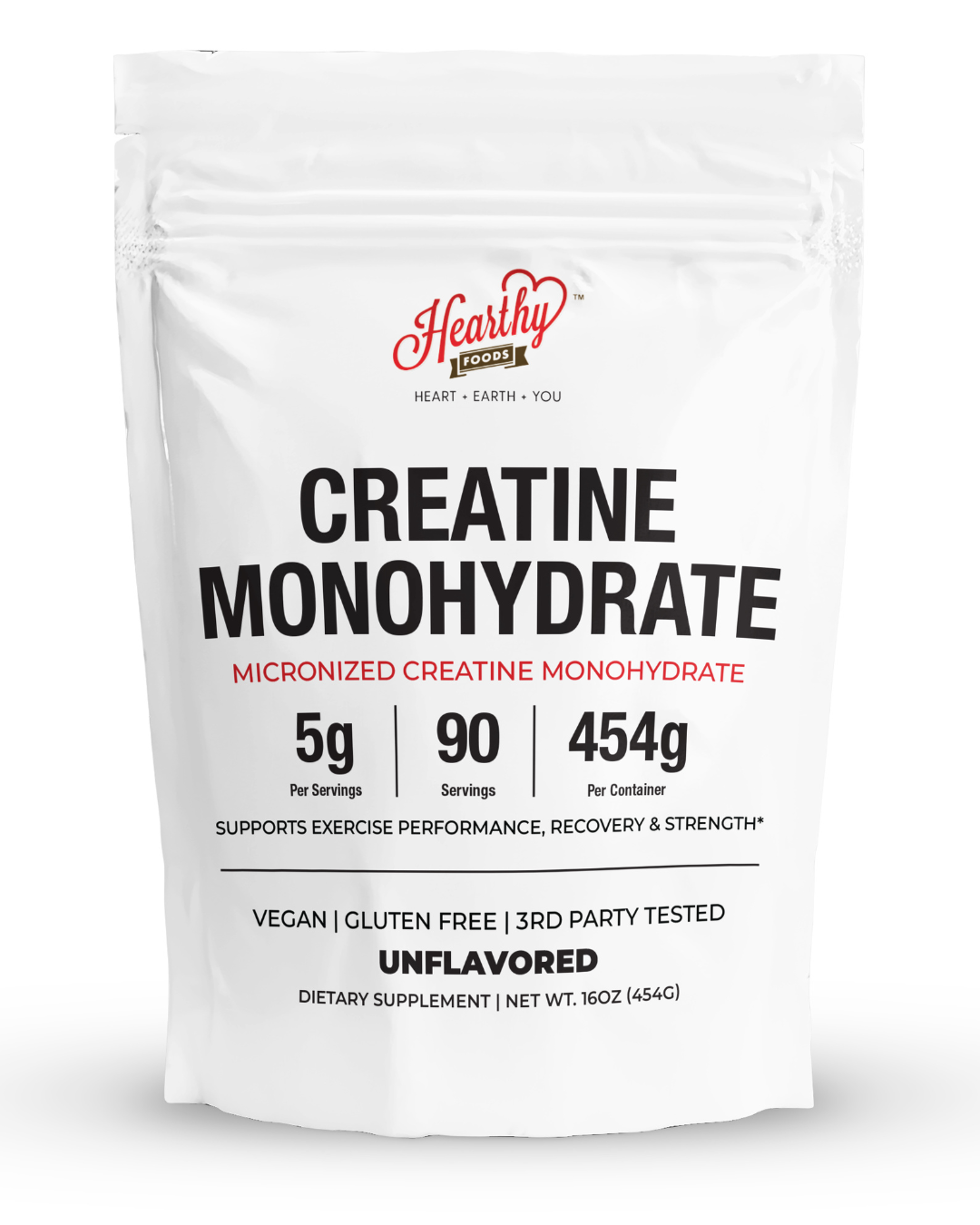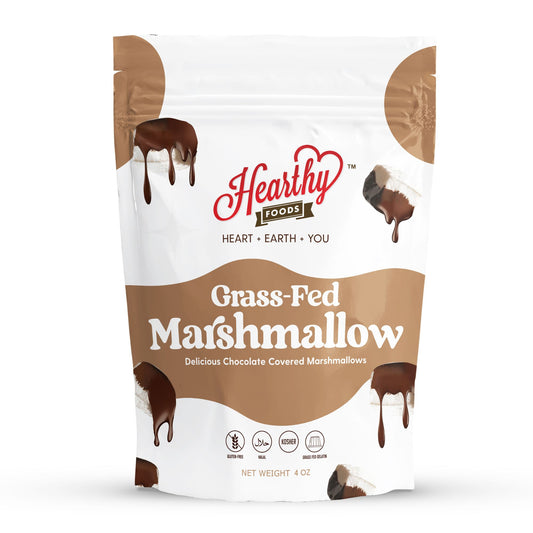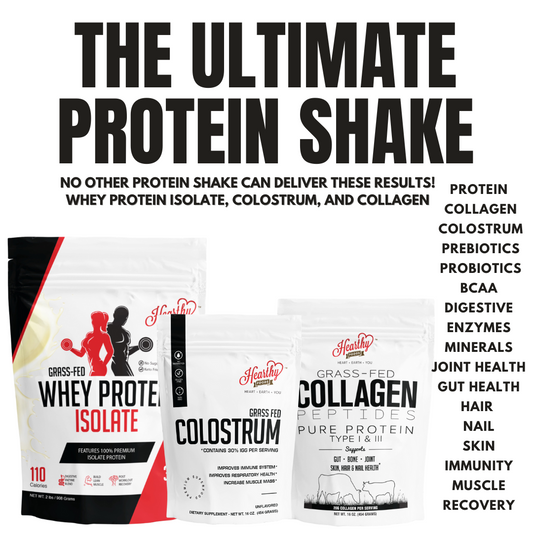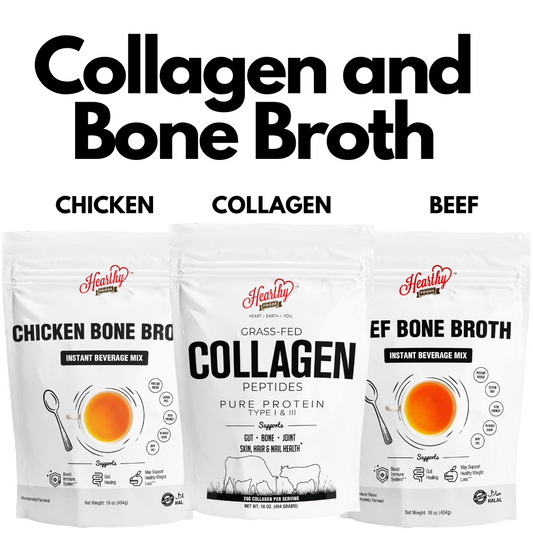
Get Started On Creatine- Benefits are Extraordinary
A recent analysis by members of the Stanford Lifestyle Medicine team on how different supplements impact sports performance highlighted creatine, which has been vastly researched and shown to improve muscle strength.
What is Creatine?
So, what is creatine? Creatine is a natural amino acid that people can gain in their diet with foods high in protein or through supplementation. Mechanistically, creatine supports powerful muscle contractions, which is why it is popular among bodybuilders. After digestion, creatine-phosphate is stored in skeletal muscle until quick, intense physical activity begins. Once activity is initiated, it is used to rapidly phosphorylate ADP into ATP, which drives fast-twitch muscle contractions, the primary drivers of quick, forceful exercise movements like weight lifting and sprinting.
According to the analysis, athletes who depend on fast, powerful movements and mobility, like soccer and basketball players, may also benefit from increasing their creatine intake. Its ability to heighten muscle performance is continuing to be tested, and many are using it to increase the size and strength of their muscles.
“What’s nice about creatine, especially compared to other supplements, is how much it has been studied. It has robust, promising data that shows it can really improve athletic performance and muscle composition,” says Dr. Kaufman. “Plus, it can help muscle growth and performance for all different types of people.”
Creatine Is Not Just for Bodybuilders!
Creatine may also be a good supplement for plant-based athletes. The analysis found evidence that vegetarian athletes improved more than omnivorous athletes with creatine supplementation in terms of muscle power output and lean muscle mass, therefore plant-based athletes could consider supplementation to support their athletic performance.
Creatine is also recommended for older individuals to support muscle sarcopenia. With age, many people experience a loss of muscle vitality, which heightens risk of falling and injury. Research published in the Journal of Clinical Medicine indicates that creatine supplementation may help older adults maintain muscle vitality. It suggests that there could be significant benefits from supplementing their diets with creatine for an “anti-aging” effect for the body.
How Much Creatine Do I Need?
Whether taking creatine supplements for athletic performance or daily functioning, it is important to know what the International Society of Sports Nutrition’s (ISSN) recommended dosing strategy is. Their recommendation begins with all individuals taking 5 grams of creatine, four times per day (20 g total per day) for about a week. This first week is called the loading stage, which helps many people adjust to the supplement before experiencing any physical changes. Next, ISSN recommends maintaining a dose between 3-5 grams daily. Males and more prominent athletes may need 5-10 grams daily to keep their body’s creatine stores.
People considering taking creatine should be aware of some potential side effects. Studies report the possible side effects of increased water retention and airway sensitivity in elite athletes, suggesting further research on how creatine affects those with asthma. We recommend consulting with your physician beforehand so they can tailor the ISSNs’ dosing recommendations for your specific needs.
Overall, creatine supplementation may be promising for many individuals, bodybuilders or not, looking to improve the power of their muscles.







